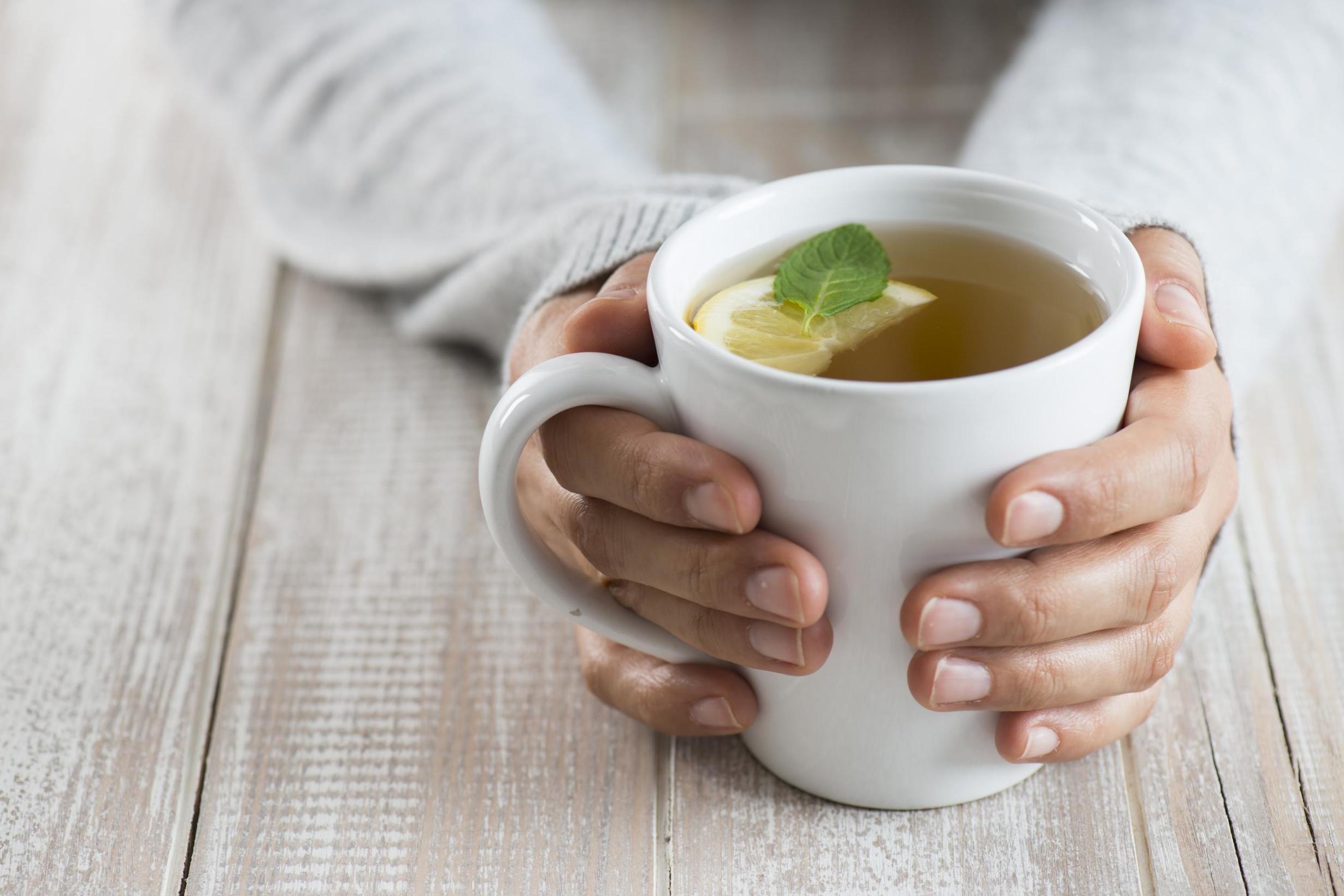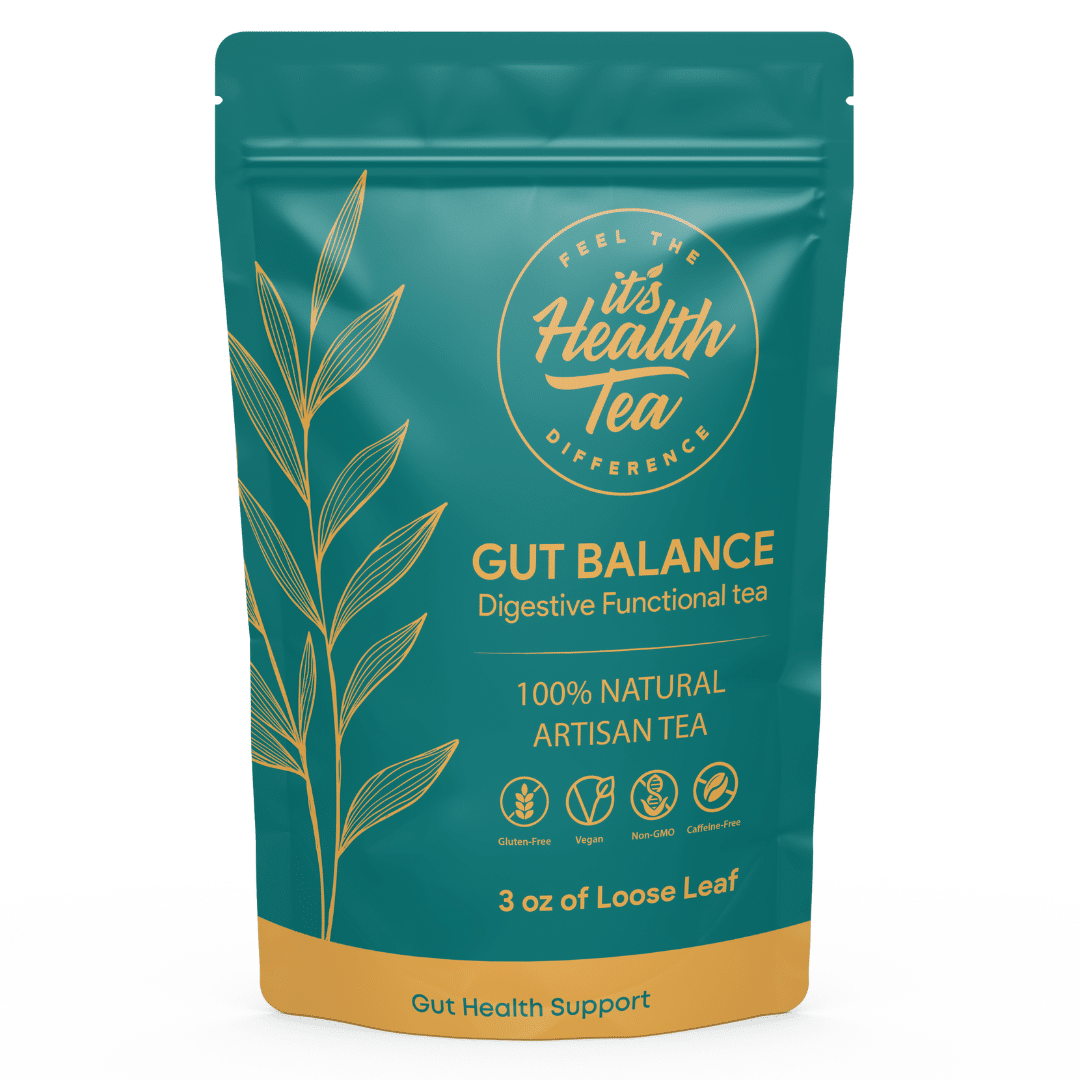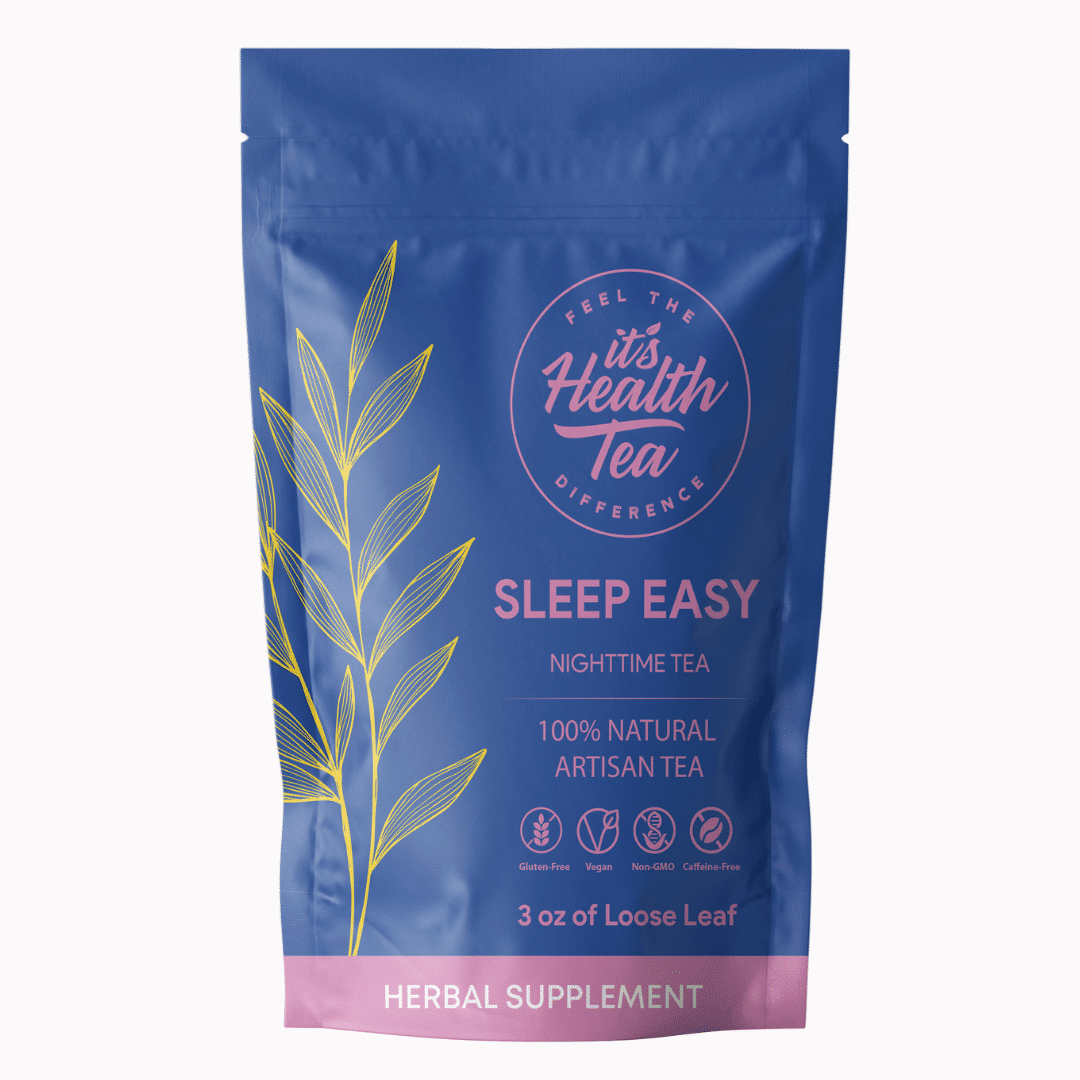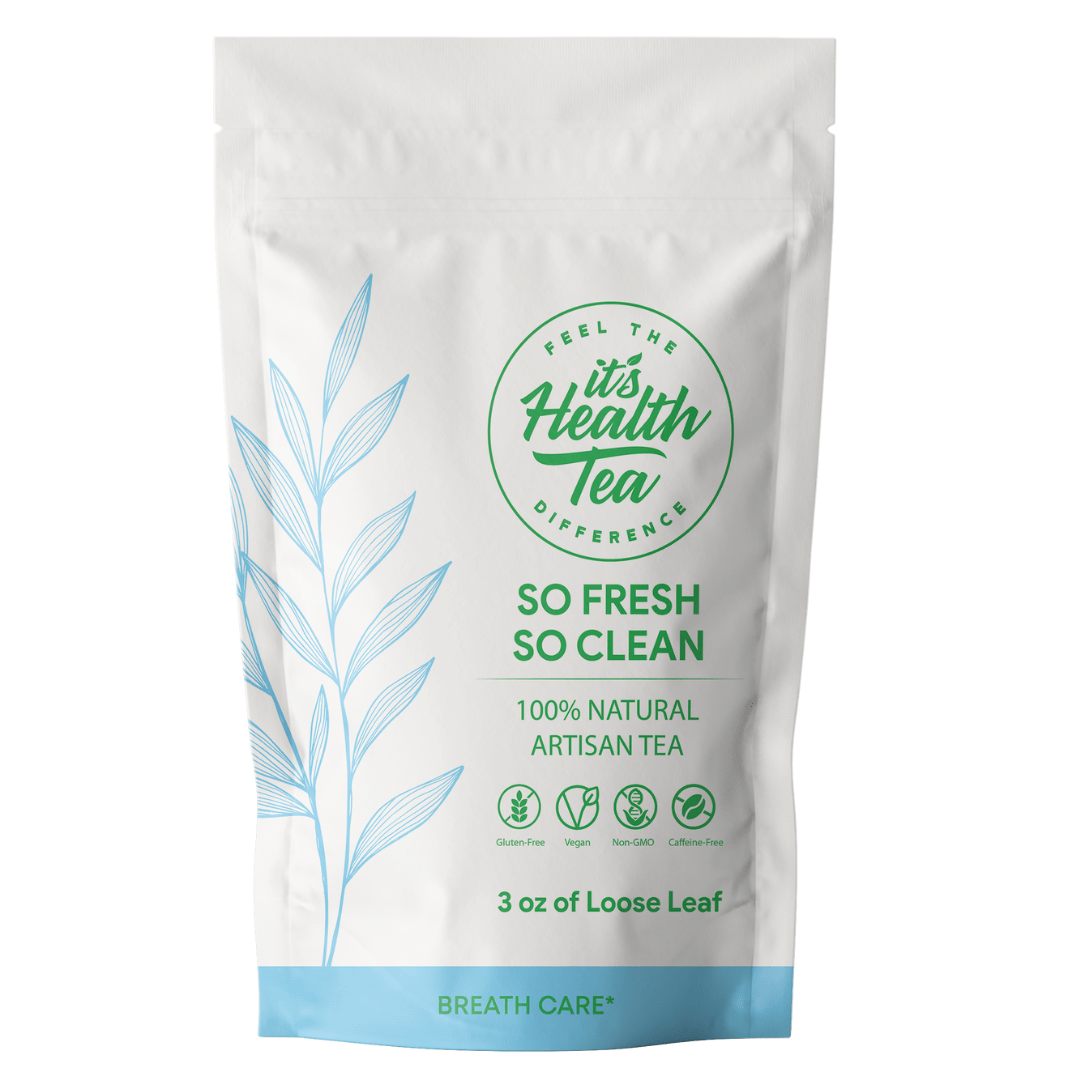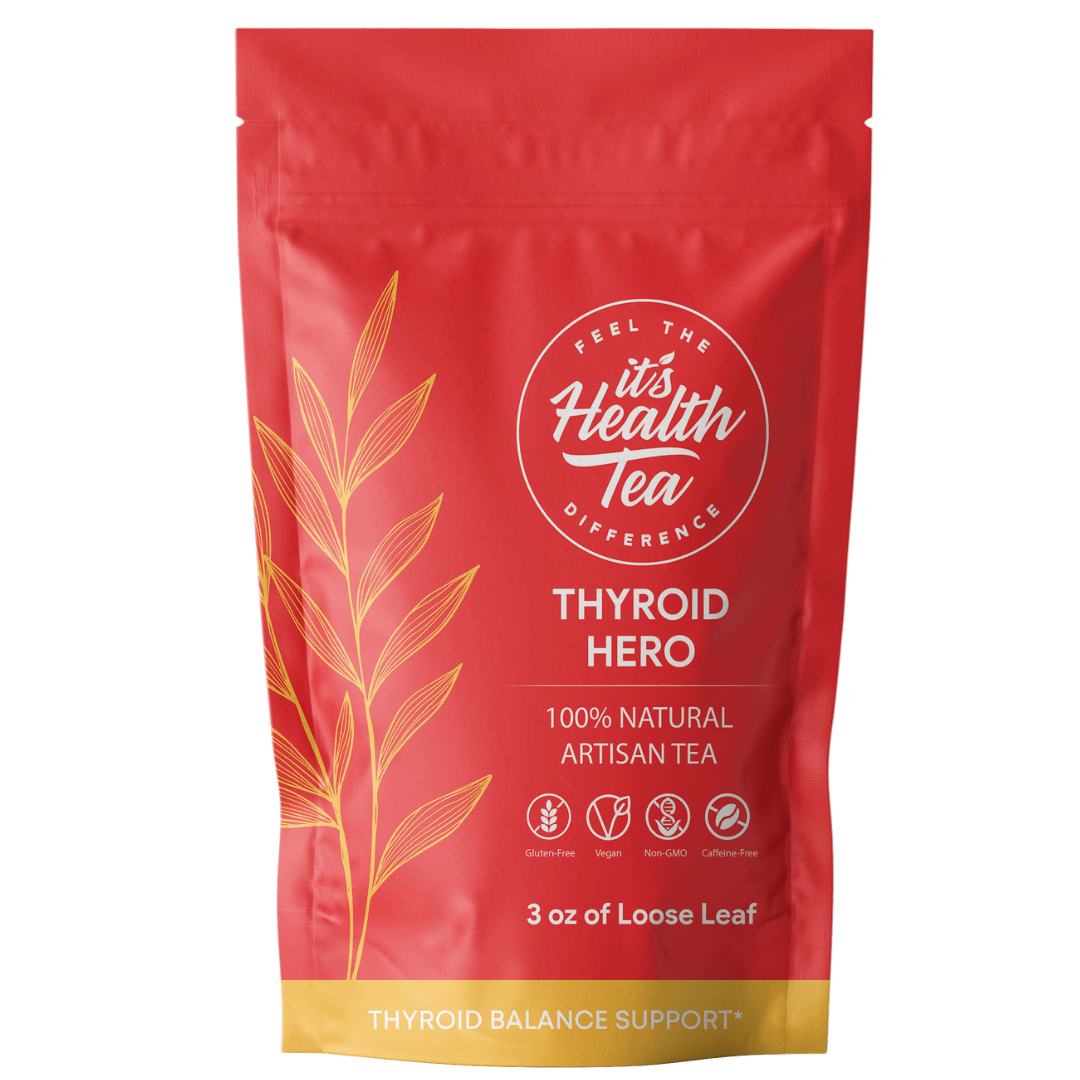We had to write a post answering the question that we got from a few customers around the notion that drinking / consuming herbal tea can dehydrate you. As an avid herbal tea drinker myself, we will answer this question in this article – I understand that after a cup of tea, you can feel as if its drying your mouth a bit so can have that dehydration feeling and why there may be a misconception around that… Let’s take a look…
Herbal teas have been used for centuries for their medicinal properties and soothing effects. They are often touted as a healthy alternative to sugary drinks and are a popular beverage for those looking to reduce their caffeine intake. However, there is a common misconception that drinking herbal tea can lead to dehydration. In this article, we will explore whether herbal tea is actually dehydrating or not.
First, it’s important to understand what dehydration is. Dehydration occurs when the body loses more fluids than it takes in, leading to an imbalance in the body’s electrolytes. This can cause a range of symptoms, including thirst, fatigue, dizziness, and dry mouth. Dehydration can be caused by a variety of factors, including excessive sweating, diarrhea, vomiting, and not drinking enough fluids.
So, can drinking herbal tea lead to dehydration? The short answer is no. In fact, herbal tea can be a great way to stay hydrated, as it is mostly water. While it’s true that some herbal teas can have a diuretic effect, which means they may increase urine output, they do not cause dehydration. Diuretics like caffeine can cause the body to lose water, but most herbal teas do not contain caffeine.
In fact, some herbal teas may even help the body retain water. For example, herbal teas like nettle and marshmallow root contain compounds that can help the body retain fluids. Additionally, herbal teas can be a great source of electrolytes, which are essential for hydration. Electrolytes are minerals like sodium, potassium, and magnesium that help regulate the body’s fluid balance. Many herbal teas contain these minerals, making them a great way to replenish electrolytes and stay hydrated.
It’s also worth noting that the temperature of the tea can affect hydration. Drinking hot tea can cause the body to sweat, which can lead to water loss. However, the amount of water lost through sweating is typically minimal, and the benefits of drinking hot herbal tea outweigh the potential loss of water.
It’s important to note that while herbal tea is not dehydrating, it should not be used as a replacement for water. Water is still the best way to stay hydrated, and it’s important to drink plenty of it throughout the day. Additionally, some herbal teas may contain ingredients that can interact with medications or cause side effects, so it’s important to talk to a doctor or healthcare provider before consuming large amounts of herbal tea.
In conclusion, herbal tea is not dehydrating and can actually be a great way to stay hydrated. While some herbal teas may have a diuretic effect, they do not cause dehydration. In fact, many herbal teas can help the body retain water and provide essential electrolytes. However, it’s important to remember that water is still the best way to stay hydrated, and herbal tea should not be used as a replacement for water. As always, it’s important to talk to a doctor or healthcare provider before consuming large amounts of herbal tea, especially if you have a medical condition or are taking medication.
